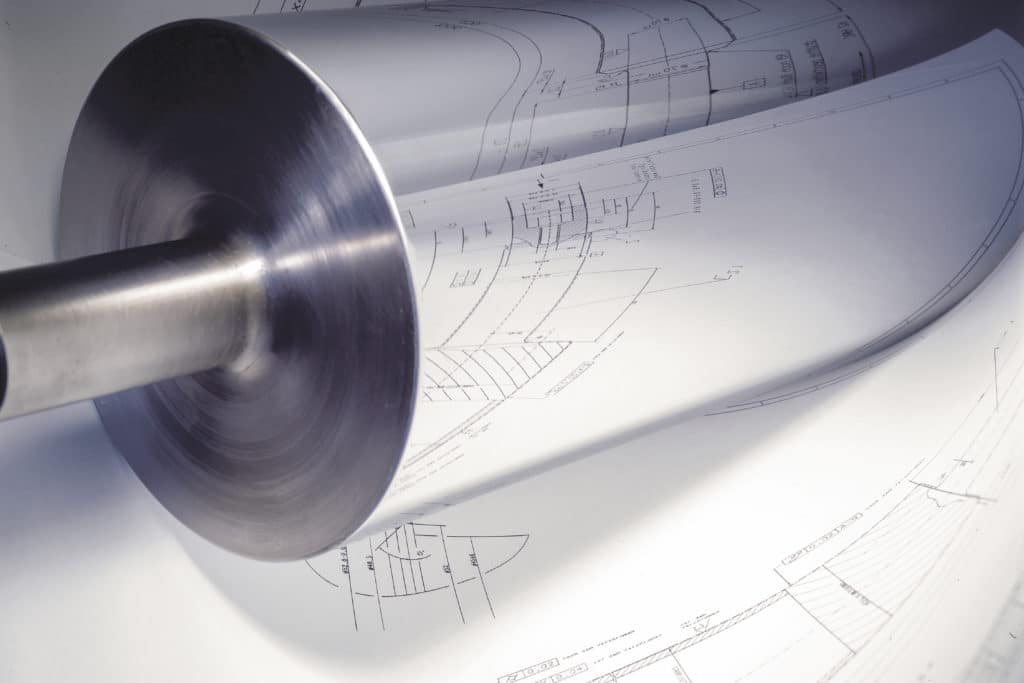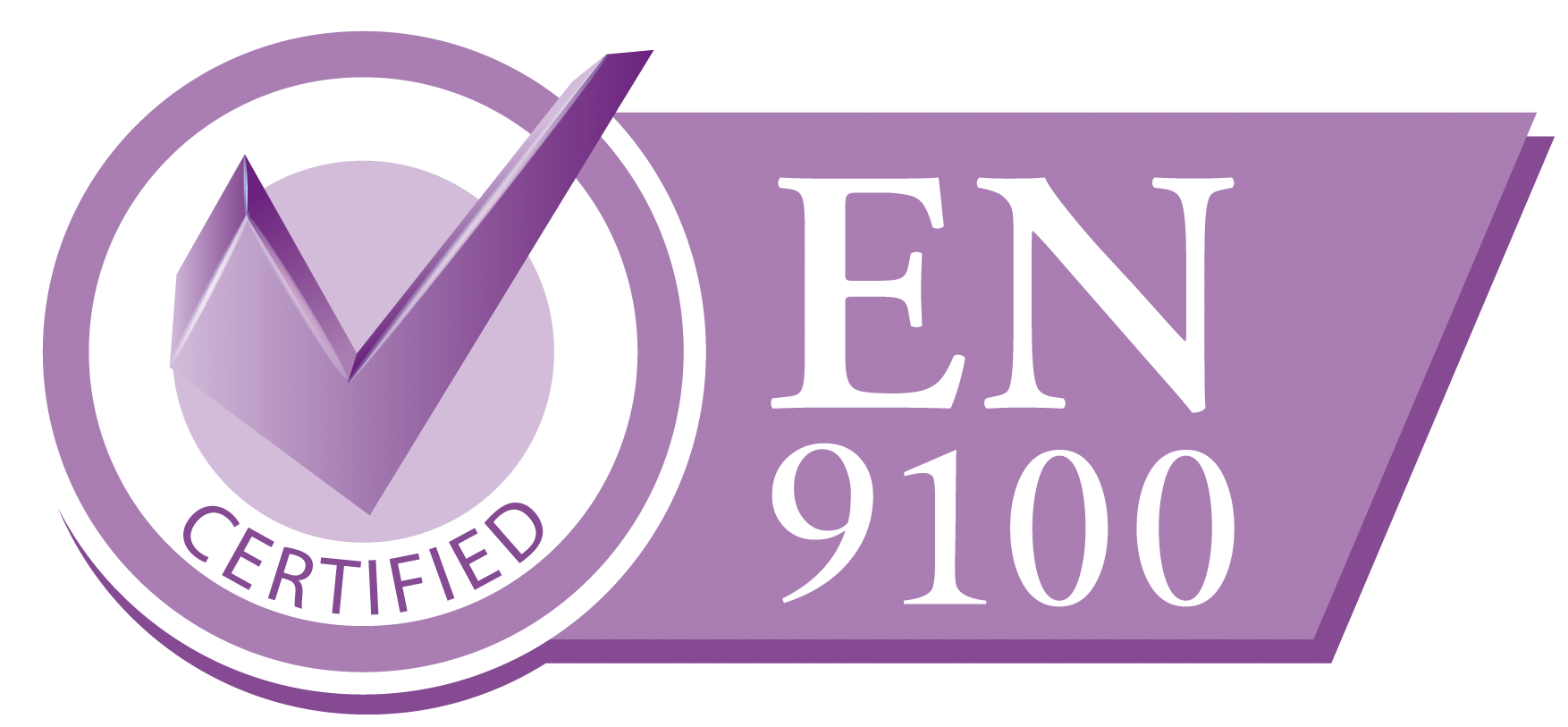polishing
Durable. Efficient. High quality.
1,000+ industrial customers already trust our production technology.
Our strengths
Defined surfaces
material ratio & roughness
Small to large
Length up to 3600 mm
Single part to series
tailored to your requirements
Flexible procedures
depending on the surface quality
Certified quality
DIN EN ISO 9001
The combination of belt grinding and polishing ensures dimensionally accurate, smooth and durable metal surfaces. With a wide range of machinery, many years of experience and the utmost care, we process rotationally symmetrical components – precisely, economically and with repeat accuracy. Whether individual parts or series: our customers rely on the finest surface finishes and technical advice based on partnership. Trust in quality that shines – in the truest sense of the word!
Production specifications Polishing
Procedure
polishing
Dimensions
max. Ø 480 x 3000 mm
Weight
max. 2000 kg
Control
Conventional
Surface roughness
Ra ≥ 0.25; Rz ≥ 1.6
Recording
Between peaks
Production specifications for belt grinding
Procedure
Belt grinding
Dimensions
max. Ø 600 x 3600 mm
Weight
max. 2000 kg
Control
Conventional
Surface roughness
Ra ≥ 0.3; Rz ≥ 1.7
Recording
Between peaks
Request your individual quote now
– fast, accurate and with technical consultation.
Polishing:
Our areas of application
Belt polishing
Industrial polishing or belt polishing can also be carried out as a pre- and post-processing step. After hard chrome plating, industrial polishing improves the appearance and functionality of the chrome layer. The functional advantages of industrial polishing are the reduction of friction and the increase in corrosion resistance.
Teflonizing or TSI is a variant of post-treatment. The micro-cracked chrome surface is sealed with a Teflon coating. Teflon coating can temporarily increase the corrosion resistance.
Belt grinding
Belt grinding is used as a pre- and post-processing method. Before hard chrome plating, it creates an even and smooth substrate for optimum adhesion of the chrome layer.
Belt grinding reduces the roughness of the surface, resulting in a uniform, glossy and functionally optimized surface.
Process flow
The machining process begins with the selection of the appropriate process – depending on the material, component geometry and desired surface quality.
As a rule, the workpieces are clamped between centers and set up for the specific process.
The component is processed with a circumferential grinding belt. This process is primarily used for smoothing, removing burrs or preparing for coatings. It produces an even surface with good adhesion.
Polishing is carried out as pre- or post-processing. The surface is smoothed and refined using polishing belts or pastes. The aim is to achieve a visually appealing surface with reduced friction and – depending on the application – improved corrosion protection.
Furthermore, the superfinishing process is possible as the highest level of fine machining. Here, a fine abrasive belt is guided in an oscillating motion onto the rotating component. The result is an extremely smooth surface with a high bearing ratio and a uniform cross-hatch pattern – ideal for components subjected to tribological loads or for precise bearing and sealing surfaces.
In all processes, the surface is finally checked, measured if necessary and the component is carefully packaged.
Depending on the quality requirements, the processes can be used individually or in combination.

Beyond polishing:
Cooperation network / additional services
With our cooperation platform we can offer you the complete manufacturing of components for machine and plant construction, such as roller tubes, shell tubes, piston rods, etc. from one provider. As a component supplier, our service for you includes all the requested process steps, including material ordering, turning, centering, grinding, coating through to the delivery of the finished components.
In collaboration with our experienced cooperation partners, we also offer you individual machining processes such as internal cylindrical grinding, surface grinding and flat grinding, etc.
Service
One contact person for all orders
Time
Elimination of coordination activities
Costs
Reduction of warehousing costs
Quality
Fulfill your quality requirements
Delivery reliability
Reliable delivery performance
Other frequently asked questions about polishing
What is the difference between polishing and superfinishing?
Polishing uses polishing belts or pastes to smooth and refine the metal surface. Superfinishing, on the other hand, uses oscilliation to create a defined contact area, optimizing lubricant film distribution and tribological properties.
What is the main benefit of polishing
Polishing produces smooth, shiny surfaces, reduces friction and improves the visual appearance and, thanks to TSI post-treatment, corrosion resistance – especially after galvanic coatings such as hard chrome.
Can surfaces be polished without a coating?
Yes, polishing and superfinishing are possible regardless of a coating. They can be used on uncoated base materials as well as on already coated surfaces (e.g. hard chrome).
What is belt grinding typically used for?
Belt grinding is particularly suitable for preparing surfaces – before coating or polishing, for example. It is used to remove burrs, create a uniform structure and improve adhesion for subsequent processes.
What are the advantages of polishing and belt grinding?
Optimum surface quality
Reduced coefficient of friction
Longer service life of components
Improved lubricant distribution
Removal of processing marks
→ Removes burrs, grooves and other residues from previous processing steps.
Express service
For orders with increased deadline pressure, you have the option of using our express service. This is agreed upon in direct consultation with our production control and charged via a surcharge.
Initial sampling
Before starting more complex series, we offer you an initial sampling at discounted rates. Here you can convince yourself of the quality of our processing. In addition, together we ideally coordinate our production processes.
Tips for delivery
For optimum quality and short lead times in our production, the delivery condition of the components is one of the decisive factors. Here you will find helpful tips for the delivery of your components.




